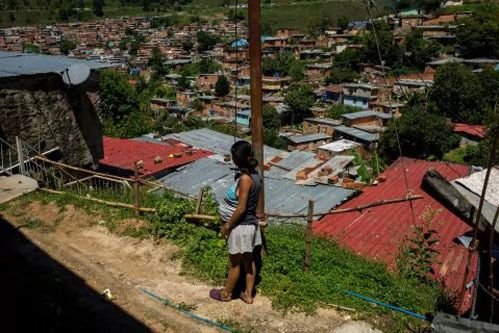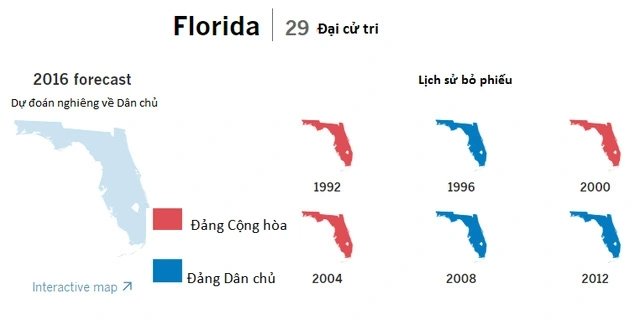
Yusdelis, 19 years old, eight months pregnant, standing in front of her house in a slum in Los Teques, Miranda state, a suburb of Caracas, Venezuela.
Yorlenis Gutierrez, 28 years old, has been struggling to find birth control pills for many months but all her efforts have been in vain.
Unable to buy more birth control pills, Gutierrez and her husband decided to `abstain` from having sex.
`Now we can’t even eat three meals a day,` Gutierrez said in despair, before the economic crisis, she worked as a hairdresser at a hair salon.
Plunging world oil prices pushed Venezuela’s economy into crisis and hyperinflation.
There are no official statistics, but Venezuelan doctors have noted a recent increase in unwanted pregnancies and sexually transmitted diseases.
In response to the problem, Venezuelan state media continuously published articles popularizing the `day counting method` to prevent unwanted pregnancies.
Many Venezuelan women use social networking sites such as Facebook, Instagram and Twitter as a `black market` channel to buy and sell contraceptive pills, IUDs or contraceptive implants.
`The last time I bought birth control pills, I asked my sister-in-law to buy them for me from Colombia,` said Alejandra Moran, 27, who works in the publishing industry in Caracas.
Previously, contraceptive devices, such as pills, rings and condoms, were distributed free of charge at public hospitals.
`Finding is especially difficult for young people,` said Vanessa Diaz, a gynecologist at Caracas University hospital.
According to experts, this condition leads to a more serious problem.
Obstetrician Marissa Loretto at Caracas’s Concepción Palacios Maternity Hospital recently treated a young woman who had an abortion at home by inserting parsley leaves and laundry soap into her uterus.
According to the Venezuelan pharmacists’ association, the number of contraceptive pills and devices stocked in hospitals and pharmacies in the country has decreased by 90% since 2015.
A pharmacy in the center of Caracas said they have not been able to import contraceptive pills for more than a year.
`It’s really expensive but I need these pills,` the girl said, refusing to reveal her real name and quickly left the pharmacy.
In medicine cabinets, there are now only a few types of imported low-quality condoms, but the price is still high compared to many people’s budgets.
`I ‘inherited’ a bunch of condoms from my best friend. When he immigrated to America, he left it for me to use,` said Juan Noguera, 28 years old, an unemployed economic research specialist.

Condoms are sold at a pharmacy in the city of Los Teques, state of Miranda, a suburb of Caracas, Venezuela.
Unprotected sex is the cause of increased cases of HIV infection and infectious diseases such as gonorrhea, syphilis and herpes.
María Eugenia Landaeta, head of the infectious diseases department at Caracas University Hospital, said the number of HIV patients being treated here has jumped to 5,600 this year from 3,000 in 2014.
`In my private practice, 5-6 out of 10 people have a sexually transmitted disease,` Dr. Diaz said.
The situation is even more tragic because doctors do not have enough medicine to treat according to the prescribed regimen.
`Some basic drugs like penicillin, the cheapest antibiotic in the world, cannot be found in this country either,` complained Moraima Hernández, an epidemiologist working at the Concepción Palacios Maternity hospital.
After many months of not being able to find birth control pills, Lorena Mendez, a 24-year-old economist, decided she could not continue to risk `swinging` with the risk of pregnancy.
`It’s extremely expensive, but not many people can afford it. I think it’s worth the money. Now I can rest assured,` Mendez said.








